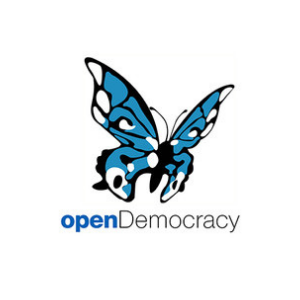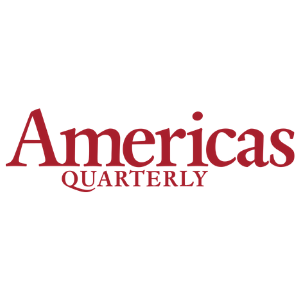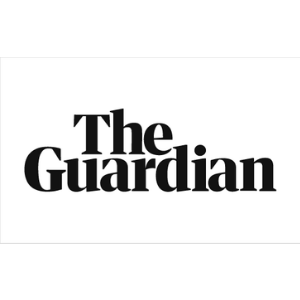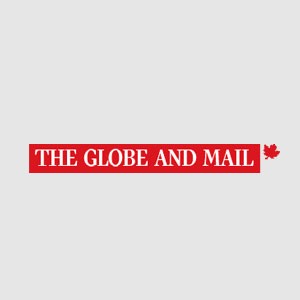
In West Africa, Climate Change Equals Conflict
One of the many injustices of climate change is it hits the world’s poorest countries hardest

One of the many injustices of climate change is it hits the world’s poorest countries hardest

When Brazilian President Jair Bolsonaro repeatedly downplayed the threat of COVID-19, Brazilians were understandably confused about the gravity of the pandemic.

Globalization is the most progressive force in the history of humankind.

Late last year, Colombia’s federal police arrested Diego Optra, a crime boss who heads a ruthless gang called La Local in the port city of Buenaventura.

At least one foreign leader still believes outgoing U.S. President Donald Trump’s desperate claims that the election was rigged.

All during 2020, as the coronavirus pandemic swept around the world, another novel virus with devastating long-term effects spread unnoticed worldwide

While the coronavirus pandemic is ravaging around the globe, we will continue to experience unprecedented urbanization in the coming decades.

Discrimination and violence against Brazil’s LGBTQ communities are widespread, yet often underreported

At 8:45 pm, five gunmen stormed the Holey Artisan Bakery, an upscale establishment in Dhaka, the capital of Bangladesh.

Many Brazilians were worried by the torrent of disinformation on social networks during this year’s bitterly contested U.S. presidential elections

Central Asia was long a digital backwater

Brazilians are preparing nervously for their own municipal elections on November 15

Maps are not just informative, they are empowering. They can help provide a new perspective to age-old problems

Around the world, responses to the first and second waves of the COVID-19 pandemic are understandably focused on reducing infections and fatalities.

The COVID-19 pandemic is a profoundly urban crisis. The vast majority of the millions of reported cases worldwide are concentrated in overcrowded neighbourhoods and informal settlements.

This article is part of a series in which leading experts reflect on emerging trends for cities seeking to address hate, polarisation and extremism.

One of the first countries to register a Covid-19 outbreak, South Korea, flattened the curve in stunning fashion. It registered over 22,000 cases, yet fewer than 400 deaths at the time of writing.

At the United Nations, the world’s longest Zoom meeting is underway as presidents and prime ministers meet virtually amidst a pandemic that has killed almost a million people, an economic depression with no modern parallel, and a tide of polarization and division that threatens the social fabric in many countries.

The world’s longest Zoom call is underway at the United Nations General Assembly today.

The digital economy has finally arrived.

Brazilian President Jair Bolsonaro defended his administration’s record protecting the Amazon rainforest, telling the United Nations’ virtual meeting of global leaders on Tuesday that his country has been wrongly portrayed as an environmental villain. Bolsonaro’s critics were quick to pick apart his claims.

Even before the tumultuous arrival of COVID-19, many parts of the world were suffering from dangerous polarization and division.

Around the world, COVID-19 is accelerating polarization and division.

Recent political developments in the United States are threatening internet freedom and cybersecurity across Latin America.

The Amazon Basin is approaching a dangerous tipping point.

As we show in our new book Terra Incognita, COVID-19 is exacerbating multiple forms of inequality within and between countries and cities, and raising fundamental questions about the future of urban living.

The world has learned much about the devastating impact of COVID-19 on human health and well-being. It is also waking up to the pandemic’s positive effects on the planet’s atmosphere, ecosystems, and biodiversity.

During the first half of 2020 when more than two-thirds of the world’s population was in lockdown, many of us were transfixed by a map.

What remains of the global, open internet came under attack this month.

The U.S.-China dispute just took a dangerous turn. Late last week, the U.S. government issued three separate measures – two executive orders imposing sanctions on social-media networks WeChat and TikTok, and another to set up a “clean network” program – that, come mid-September, would prohibit any U.S. citizen or company from conducting business with those apps’ Chinese parent companies, Tencent and ByteDance respectively.

O Instituto Igarapé utiliza cookies e outras tecnologias semelhantes para melhorar a sua experiência, de acordo com a nossa Política de Privacidade e nossos Termos de Uso e, ao continuar navegando, você concorda com essas condições.

